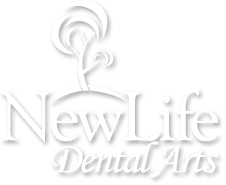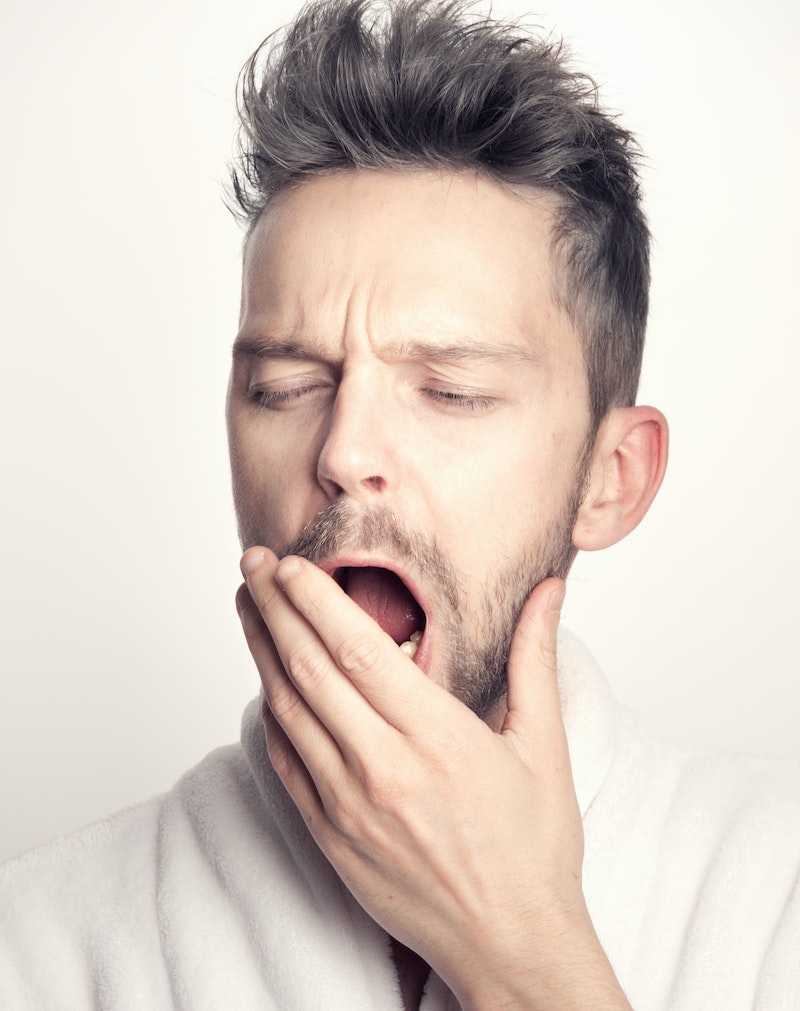What is Sleep Apnea?
The word “apnea” is a Greek word meaning “without breath.” Sleep apnea is generally characterized by interruptions in normal sleep patterns due to temporary pauses in breathing. It is a chronic disorder that has the potential to worsen over time. More often than not, sleep apnea is misdiagnosed or missed completely. Symptoms can be confused with a separate health problem which is actually a component of the underlying sleep disorder. There are three types of sleep apnea: obstructive, central, and mixed. The most common type is obstructive sleep apnea (OSA). OSA occurs when the airway collapses during sleep, blocking the flow of air to the lungs. The person tries to continue to breathe but the harder they try, the tighter the airway closes. Eventually the brain “wakes” the person to a lighter level of sleep and they reposition their jaw and tongue to open the airway (usually with a gasp or a snort). This process can occur hundreds of times a night for seconds to minutes at a time. Although levels of severity of sleep apnea varies between individuals, it usually greatly affects the quality of life of the sufferer as well as their bed partner. If left untreated, sleep apnea may lead to heart disease, stroke, and premature death.
Is Snoring Keeping You Up at Night?
While you sleep, the muscles of your throat relax, your tongue falls backward, and your throat becomes narrow and “floppy.” As you breathe, the walls of the throat begin to vibrate leading to the sound of snoring. The narrower your airway becomes, the greater the vibration and the louder you snore. Sometimes the walls of the throat collapse completely creating a condition called apnea (cessation of breathing). This is a serious condition which requires medical attention.
When to See a Doctor
If your physician believes that your snoring is not a symptom of a more serious sleep disordered breathing problem, an oral appliance can be used to quiet your snoring and improve the sleep of your bed partner! Dr. Thompson has brought many couples back to the same bedroom by eliminating snoring.
Treatment Options
- Continuous Positive Airway Pressure, or CPAP, is comprised of a mask that delivers positive air flow to the nose and sometimes the mouth during sleep. This device is highly effective for most people. However, some patients have a difficult time tolerating the therapy. There are various reasons for CPAP intolerance including comfort issues, mask leak, and claustrophobia. CPAP machines are generally covered by medical insurance and are the gold standard for the treatment of obstructive sleep apnea.
- Oral Appliance Therapy, or OAT, is a safe and effective scientifically proven treatment for snoring and mild to moderate sleep apnea. It holds the jaw and tongue forward and prevents the throat from collapsing during sleep. OAT is used as a first line of therapy for patients with mild-moderate sleep apnea, as an alternative to CPAP for patients with severe sleep apnea, or as an alternative option for patients who travel or camp frequently.
Sleep Statistics
- 8 hours of sleep per night is recommended for optimal health, mental and physical performance, and safety.
- Sleep deprivation and sleep disorders are estimated to cost Americans $100 billion annually in lost productivity, medical expenses, sick leave, and property and environmental damage.
- Individuals with untreated sleep apnea are four times as likely to have a stroke and are three times as likely to have heart disease than those without sleep apnea.
- Sleep apnea and other sleep disorders may affect the old, the young, the overweight, and the thin.
- Sleep is as critical as diet and exercise to maintain good health and longevity.
Jaw Pain?
Recent research has linked many disorders to obstructive sleep apnea including various forms of temporomandibular disorders. While sleeping, a person with sleep apnea may clench or grind his or her teeth to try to reposition their jaw and tongue to open the airway. If you are having headaches or clench or grind at night, please contact our office for more information.
Insurance Information
Oral Appliances Are Covered By Medical Insurance! This means that there is now a CPAP alternative that is covered by insurance, so treating sleep apnea at high standard is more affordable than ever! Coverage is available for patients who have failed CPAP or as a first line treatment for those with mild to moderate obstructive sleep apnea. We are in-network with most medical insurance companies including Medicare, Regence, Premera, Aetna and Cigna.

